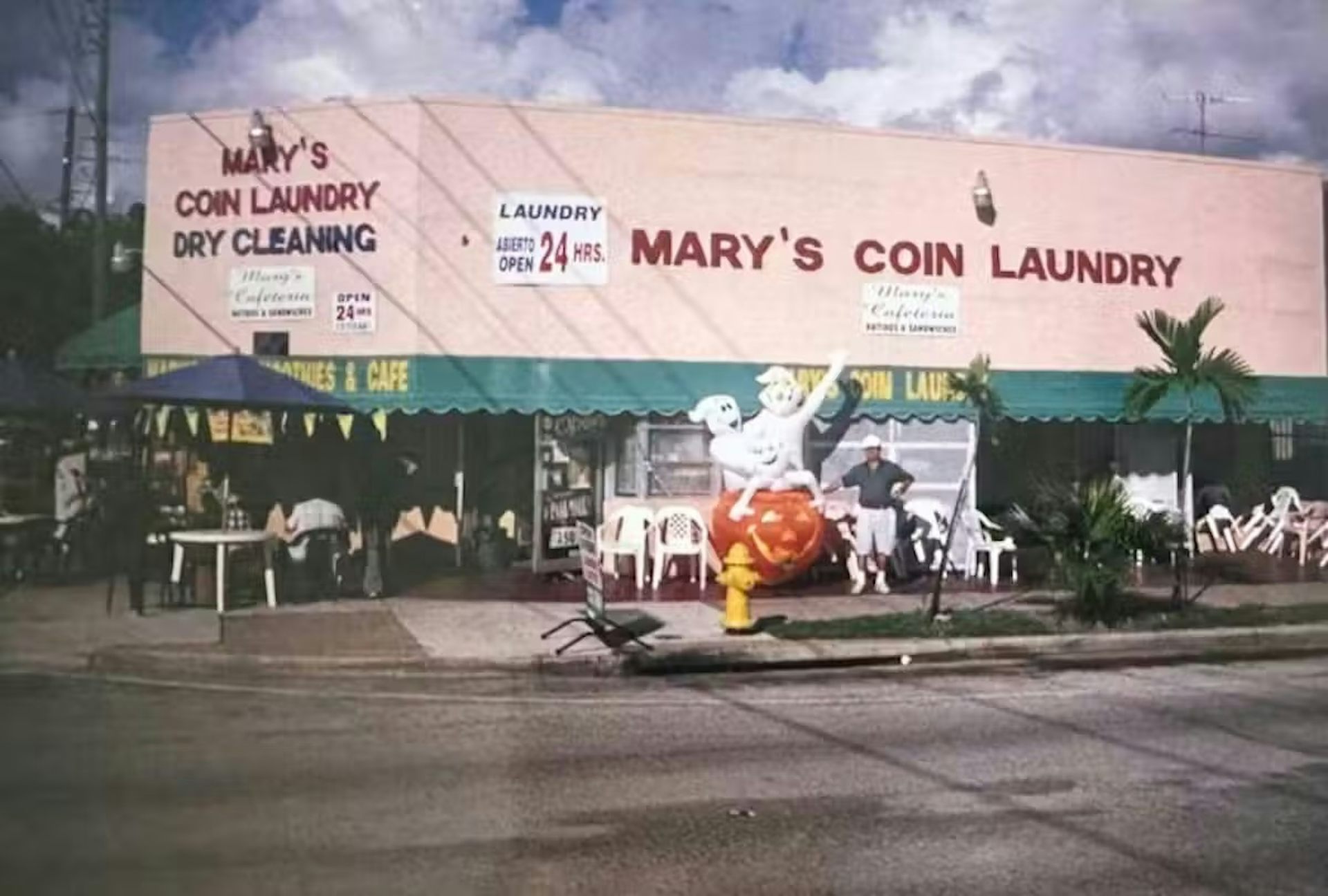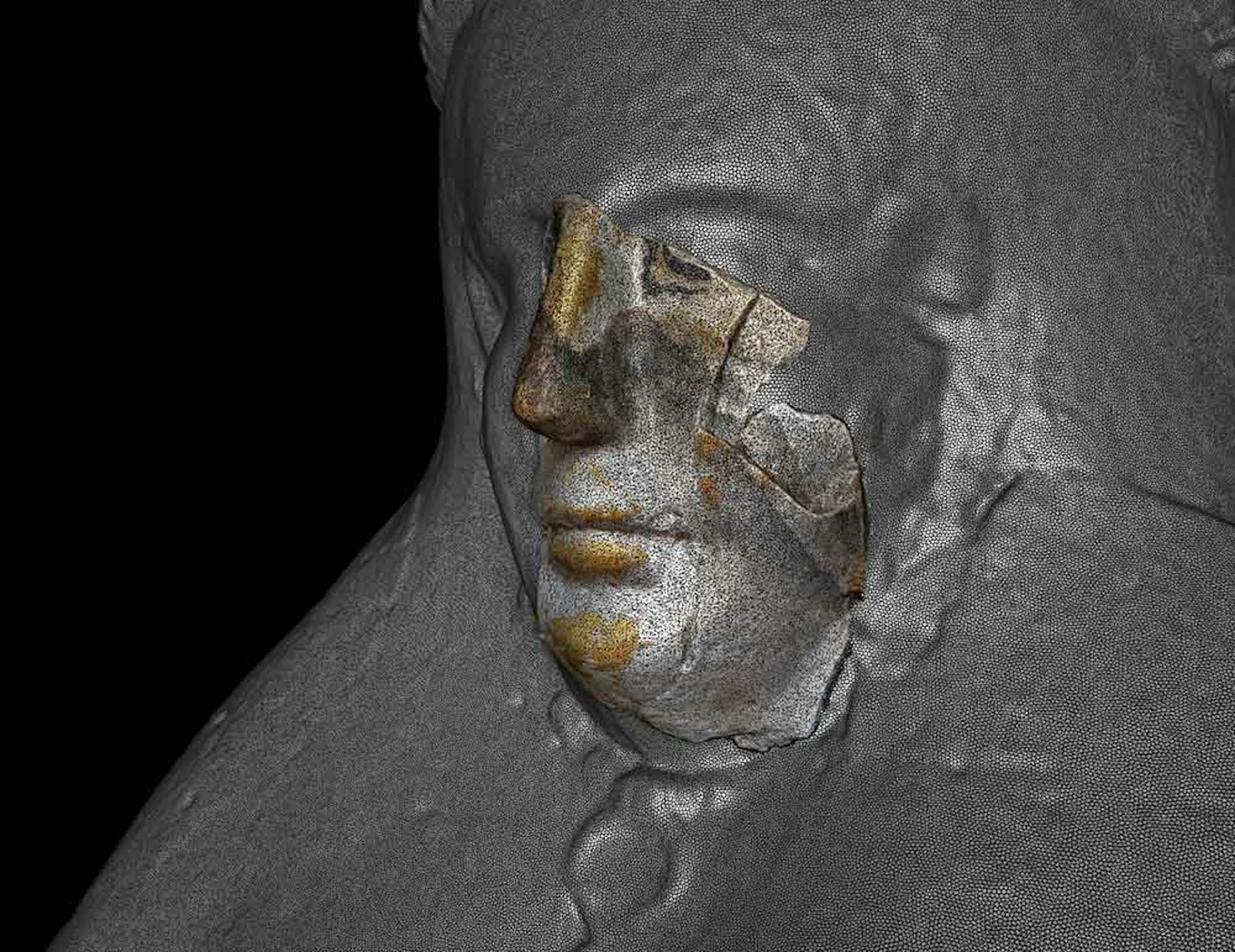How daughters can repair a damaged relationship with their divorced dad
Daughters across the US feel like their relationship with their father was damaged by their parents' divorce. Here are steps daughters can take to repair that relationship.

In a 2002 study involving nearly 2,500 children, researchers found that daughters’ relationships with their fathers were more damaged than sons’. What’s more, estranged daughters are more likely than estranged sons to suffer negative effects from the damaged relationship.
If you’re like most daughters with divorced parents, you probably feel as though your parents’ divorce damaged your relationship with your father, there are things you want to ask him about the divorce but haven’t or you want to contact him but just don’t know what to say or do.
As a professor, researcher and writer, I’ve studied father-daughter relationships extensively. Having taught and advised young adult daughters for more than 30 years, I’ve seen how difficult it can be for estranged daughters to reconnect with their divorced dads.
So how can you repair the damage or strengthen an uncomfortable relationship?
Here is what I’ve learned that has helped almost every daughter I’ve worked with to renew, repair and reconnect with her father – even those who haven’t spoken to their fathers for years.
Obstacles divorced dads face
If you were a child at the time your parents divorced, you probably were unaware of a lot of the obstacles your dad was up against in trying to maintain a close relationship with you. In fact, in a 2002 survey of 72 family lawyers, 60 percent agreed that the legal system is biased against fathers.
If you want to repair your relationship with your dad, try traveling back in time, putting aside how you felt, and imagining yourself in your father’s place.
Now that you’re older and more mature, it’s time to ask yourself: How could my relationship with my father have been better if my mother, my teachers and the legal system had all actively worked to keep him involved in my life and to make him feel welcomed and appreciated? Considering what he probably went through, can I be more compassionate and forgiving?

Misconceptions about divorced dads
Americans have developed a lot of ideas about divorced fathers. These ideas can influence what we think of friends, family members and co-workers. They can also affect the relationship that daughters have with their divorced dads.
What did you think about these stereotypes before your parents separated? After? Reexamine your own beliefs about divorced fathers and consider how they might have negatively affected your relationship with your dad.
How many stereotypes about divorced dads do you think are true? The more negative assumptions you make about divorced men, the more difficult it is for you and your dad to stay bonded.
Mom’s influence
Even though she may never come right out and say negative things to you about your dad, your mother can still give you a negative impression of him in other ways – the expressions on her face, her tone of voice, the way she acts after she’s talked to him or when you’re going to spend time with him.
Unfortunately, this happens to millions of daughters – especially when dad has remarried but mom is still single.
The more often your mother implied that your father was to blame or is an inferior person/parent, the more difficult it can be for you to have an open mind when it comes to dad.

Why are you afraid?
I’ve found that the best way to reconsider your impressions of your father is to reach out to him and hear about his perspectives, feelings and experiences. After all, if your mother was awarded custody, she likely had ample opportunity to share her feelings and experiences with you. Why would you deny your dad the same opportunity?
Most daughters tell me that the reason they haven’t contacted their father or the reason they won’t talk to him about certain divorce-related issues is that they’re afraid.
What are you afraid of? Angering your mother? Being rejected? How likely is it those fears would come true? If they did, would you feel worse than you do now with a strained or uncomfortable relationship with your dad?
In answering these questions, you might find that your fears are exaggerated and are unlikely to occur. You might also realize that even if the worst did happen, it is not as damaging to you in the long run as never having tried to improve your relationship with your dad.
Reach out
If you don’t know what to say to your father because you haven’t seen one another in a long time, try sending him something like this:
Dad, It’s taken me a long time to get up the nerve to write you. I don’t know exactly how to start or what to say, except that I’d like us to be in touch again. I don’t want money and nobody has put me up to writing this. I just want us to have a relationship again. Could we maybe start to write or phone? I’ve enclosed a picture of me. I wish you’d send me one of you. Well, that’s about it for now.

Will it be worth it?
If you decide to follow this advice, will it be worth it? According to most of the daughters I’ve worked with over the past decades, yes. Here’s what some of them have to say:
Amanda: “Problems in my family are never discussed or explained – just ignored. Now, 10 years after my parents’ divorce, because I’m finally asking my dad to tell me about his experiences, I’m learning what led to the breakup of our family. And I’ve found the father who had been taken away from me.”
Pam: “He said that the saddest experience of his life was losing me after the divorce. He said it again and again. I had no idea what an impact I’d had on him. I realize that he and I have wanted the same thing from each other all these years. But we never knew because we didn’t talk honestly enough.”
Lynn: “It had been 5 years since I’d seen my dad. I never thought I’d get any response if I tried to contact him. When I sent him the letter, he immediately emailed back. I’m constantly amazed at his willingness to spend time with me now. He said my contacting him was the best gift I had ever given him. I always had this vision of him as some opinionated, overbearing, stubborn tyrant. I never thought he would admit his mistakes, as he has done. I feel loved.”
These are just a handful of the hundreds of positive responses I’ve heard over the last 30 years. Though not all fathers and daughters face damaged relationships, for those who do, the effort to repair those relationships is well worth it.
Linda Nielsen does not work for, consult, own shares in or receive funding from any company or organization that would benefit from this article, and has disclosed no relevant affiliations beyond the academic appointment above.
Read These Next
Florida’s immigrant entrepreneurs are creating jobs and prosperity in their communities
Stories of Florida’s immigrant entrepreneurs show how immigrants find opportunities and fill economic…
From Gettysburg to Minneapolis: How the American Civil War continues to shape how we understand cont
As anger about the presence of ICE in Minneapolis divided the nation, Americans turned to the American…
3D scanning and shape analysis help archaeologists connect objects across space and time to recover
Digital tools allow archaeologists to identify similarities between fragments and artifacts and potentially…






